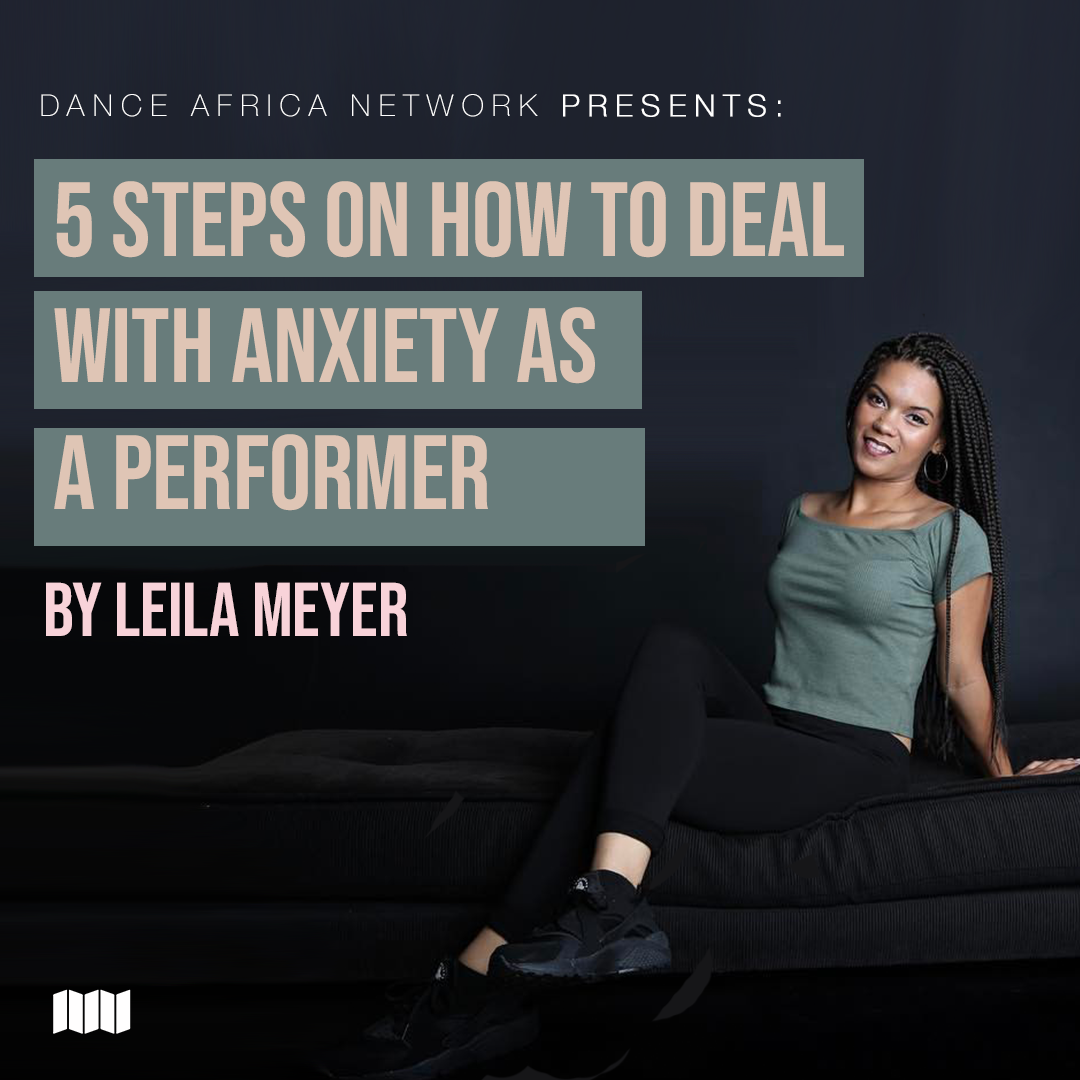Anxiety is not something that is uncommon to us as dancers. The majority of dancers experience anxiety before performing, which is referred to as performance anxiety. As a seasoned dancer, you get used to this experience and often even learn to embrace it. I mean “nerves are good”, right? But what happens when there is no performance? What happens when we don’t get to feel that “good” anxiety that we’re used to? That anxiety is going to surface in other ways, when new stressors are presented to us. How’s about a global pandemic? That’s enough to instil fear in anyone.
It’s no surprise that a lot more people are experiencing anxiety now. Considering a global pandemic is not something that anyone living has experienced, we are allowed to be fearful of what will happen. Anxiety is your body’s reaction to stress. What causes stress? Fear. What causes fear? Well, a lot of things, but in this case it tends to be a fear of the unknown. No one knows what this pandemic means, what it will lead to, and how long it will last. Those are all out of our control. What is in our control, however, is how we react to this.
There is no 100% effective way to deal with anxiety. I mean, you could google it and thousands of results will probably each tell you something different. You have to find ways that work for you. I am going to offer to you a few of the methods that have helped me out thus far.
1. Acknowledge how you feel.
Once you can feel that your emotions are not in a good place, take time out to experience that feeling. Try to note what is happening around you, what you are focusing on and the resulting feeling. This way you can understand why you are feeling that way. This tends to help me rationalise my emotions. Even better, write down how you feel each day. This way you can keep track of it.
2. Breathe.
I know people say this all the time but it actually has a positive effect. This has often been noted as the number 1 most effective technique for reducing anxiety. Anxiety often causes your breathing to speed up, which activates your body’s flight or fight reaction. Slowing down your breath by taking long, deep breaths can help to calm you down.
3. Take time out.
When I am feeling overwhelmed or anxious, I give myself some time off. Whether it’s watching my favourite TV show or movie, or listening to some calming music, or sitting outside for a while, this could help you to get out of that mindset. Call it “self-love” or “me time”, it has helped me a lot on days where I feel clouded.
4. Try something new.
This one is specific to the time we are in. We haven’t had access to much creative release during this pandemic period so try giving yourself one. Taking up a new hobby is a good way to do that. Give yourself something new to focus on. Something to help release a lot of negative emotions and something that makes you feel good. You’ll never have this kind of time ever again, might as well put it to good use.
5. Speak to someone.
This isn’t always for advice. Sometimes, hearing the way you feel out loud clarifies it for you and provides a release. Knowing someone is there for you always helps to make the burden feel not as heavy. On a very important note too, if you feel the burden is too heavy SEEK PROFESSIONAL HELP. Don’t feel ashamed that you cannot work through it on your own. Solutions do not always have to come from you.
Like I said, these are just some techniques that work for me. Try them out, but also do your research. Every person is different. Something that works for me might not always work for you. But do something. Your feelings are valid and deserve acknowledgement.
Love and light always.
Follow Leila Meyer on Instagram
Written & Edited By: Leila Meyer
Headline Image: Paul Luthando
Reference List
• https://www.healthline.com/health/how-to-calm-down#2
• https://www.healthline.com/health/anxiety
• https://www.dancemagazine.com/performance-anxiety-2569045254.html?rebelltitem=1#rebelltitem1





